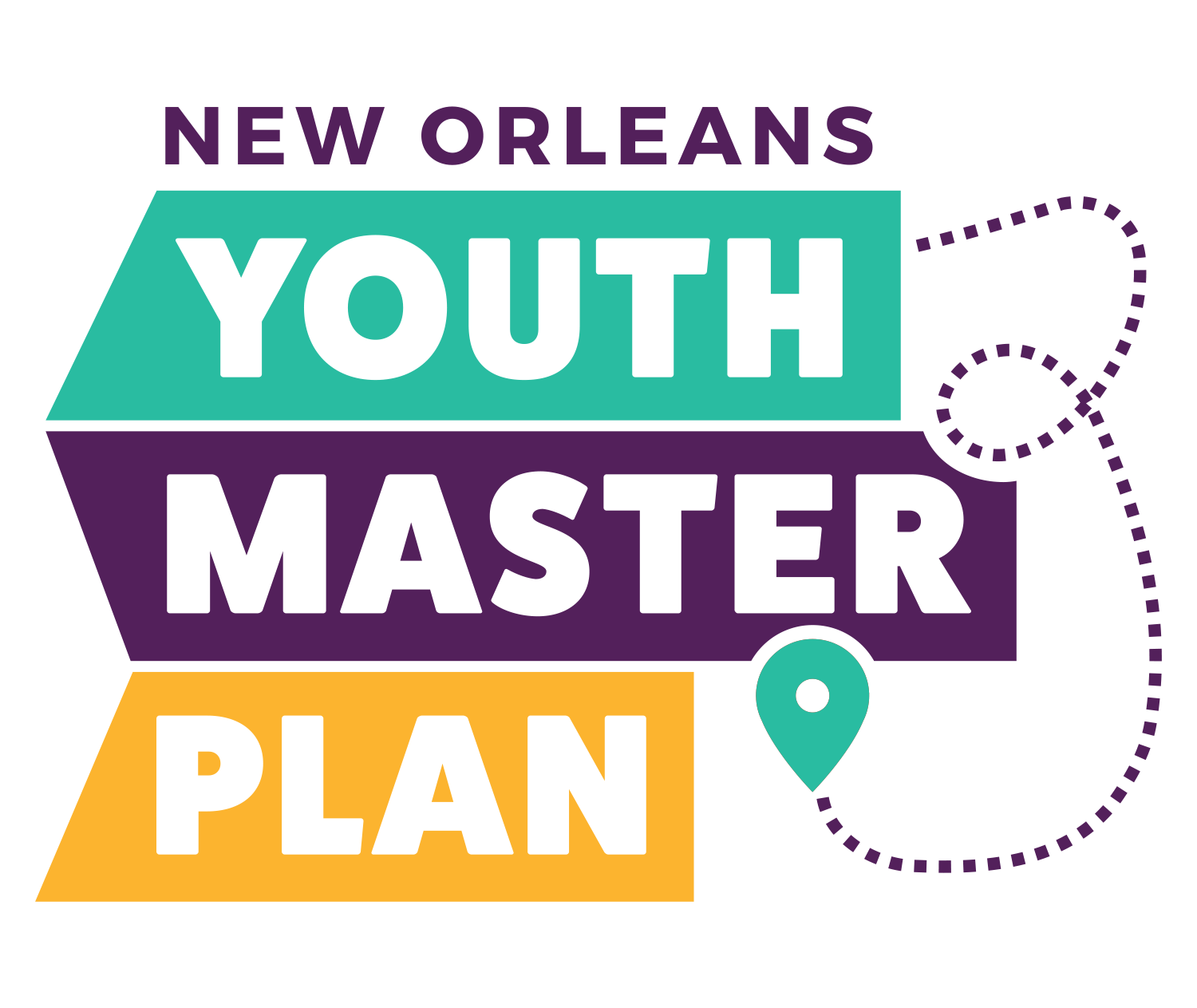Mental Health Support in Schools
Leading Question
What mental health resources are available in New Orleans’ schools and how does it affect learning?
Methods
Our team created surveys shared in the community that asked 16-24 year olds to reflect on their experience around school, mental health days, school counselors, and accessibility to resources.
In total, our team surveyed 304 young people. We also interviewed young people and school staff.
Our Why
In a constantly evolving world, students are facing more mental health challenges inside and outside of school now more than ever. With their overwhelming academic workload, financial obligations, and stress of life transitions, students are pleading for more breaks, better mental health resources, and access to mentorship while preparing for their future. Our goal is to shed light on the versatility of learning needs and the ways local schools can better support their students. Academics directly affect students’ mental health, so schools should take their learning environment seriously.
Project Team
-

Emilee Chubb
TEAM LEAD
-

Josh Jenkins
TEAM LEAD
-

Mikayla Aubin
-

Katherine Alford
Findings
There is a disconnect between student and faculty perspectives.
Students prioritize equal access to learning tools.
A majority of students support a mental health day that is a complete break from school without penalty.
Students find that an advanced curriculum benefits their post-grad aspirations.
Students find that accommodations for learning styles greatly help them.
A majority of students feel overwhelmed in their studies.
Students are in need of a financial literacy program.
There is a huge gap between students who benefit from seeing their counselor and who do not.















Our Recommendations for Actions
Administration to provide flexibility towards students mental health needs, including one mental health day a semester that either gives students a full break from school or incorporates a fun field day that brings the school community together.
Administration to provide an anonymous suggestion platform to give students a voice towards decisions that directly affect their lives and learning environment.
Teachers give students a balanced workload and listen to concerns so students can have a plan that works for their individual learning needs. We also suggest the schools to strengthen accessibility to learning accommodations (i.e. extended testing time, free tutoring).
Schools should focus on educating students on a wide range of subjects, including ones that students will use in their daily life, such as financial literacy, and enhance the curriculum with events, guest speakers, internships, and other pertinent hands-on opportunities outside of the classroom.
Schools should highlight accessibility to their counselors by introducing them to the student body, advertising office hours, and providing clear instructions for setting appointments. Counselors should also make a push to talk to all students and initiate meetings.
Administration should allow teachers to implement a scheduling system that protects student’s workload so they do not get overwhelmed in their studies. For example, a max number of tests a day, assignments a night, and projects a week.










